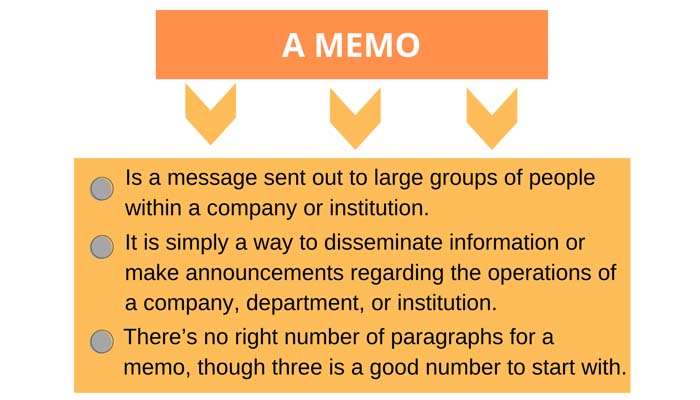
Benefits of Using Drama in Language Teaching
Using drama in a language lecture room is a superb useful resource for language coaching. It is thru using drama that freshmen grow to be acquainted with grammatical systems in contexts and additionally study the way to use the language to express, manage and inform. The use of drama increases the college students’ recognition closer to the goal language and way of life. In this context, using drama as a device instead of a cease profits significance in coaching a overseas language.
Yet, there may be one apparent danger: cultural imposition needs to be critically prevented because it consequences withinside the lack of language ego and local language identification in lots of cases. To positioned it differently, language gaining knowledge of need to be way of life-loose however absolutely now no longer way of life-biased. For this reason, the brand-new language and the context of the drama need to fuse right into a language gaining knowledge of technique with excessive hobby, relevance and enjoyment. Learners need to employ drama to sell their comprehension of lifestyles experiences, replicate on unique occasions and make feel in their extralinguistic international in a deeper manner (Sarıçoban 2004:15).
Benefits of Using Drama to Language Teaching
|
The academic advantages of drama, in accordance to (Lenore 1993), are as follows: |
- Stimulates the creativeness and promotes innovative questioning.
- Develops vital questioning abilities.
- Promotes language improvement.
- Heightens powerful listening abilities.
- Strengthens comprehension and gaining knowledge of retention through regarding the senses as a fundamental a part of the gaining knowledge of technique.
- Will increase empathy and recognition of others.
- Fosters peer appreciates and organization cooperation.
- Reinforces tremendous self-concept.
- Presents instructors with a clean angle on coaching. Some different academic advantages of the usage of drama in an overseas language magnificence (Mengü 2002:1-4).
- Bringing authenticity into the lecture room.
- Exposing the freshmen to the goal way of life in addition to the social troubles a society can be undergoing, • growing creativity, originality, sensitivity, fluency, flexibility, emotional stability, cooperation, and exam of ethical attitudes, whilst growing communique abilities and appreciation of literature.
- Assisting freshmen enhance their stage of competence with appreciate to their receptive and efficient abilities, • imparting a strong foundation for the freshmen to bridge the space among their receptive and efficient abilities, • supplying college students the distance and time to expand new thoughts and insights in more than a few contexts.
- Allowing college students to expand new understandings and kinds of understanding now no longer available in different extra conventional approaches of gaining knowledge of.
- Develop fluent, meaningful communication in the target language.
- Full contextualization and mutual assimilation of a wide variety of prosodic and intonation variables.
- Extensive contextualization of new vocabulary and structure acquisition.
- A greater sense of assurance of the learner’s ability to master the language goal.
- Drama encourages students to take ownership of their learning and positions the teacher as a supporter of the learning process.
- In a language lesson, the teacher should try to play a less controlling role and allow students to explore language practice.
- Each student has the possibility to direct the class in a student-centered classroom.
- Drama for second language learners can provide an opportunity to develop the imagination of the students.
- The students can go beyond the here and now and even ‘walk in the shoes’ of another. It provides an opportunity for independent thinking.
- Students are encouraged to voice their own opinions and add to the group effort.
- The opportunity for creative expression and critical thinking activities will be provided by creative drama for the pupils.
- Small-group role-playing is an excellent illustration of this. The ESL/EFL group will encounter several opportunities to hone their original thought processes and cooperative social skills.
- As we put ourselves in another’s shoes throughout the group activity, social awareness and understanding are increased.
- Drama is a fantastic way to examine human nature and cooperate. The chance for a healthy release of emotion in a secure environment offered by play acting can help to lessen the stress associated with learning a second language.
- Most educators recognize the significance of theater in providing speech instruction.
- Unexpectedly, acting or demonstrating makes even abstract learning simpler.
- Drama can also be utilized to help pupils understand books better.
- Students can unwind while studying and remember information more effectively when language is taught through theater.
- Memorizing lines exercises and engages the brain while establishing a link between language and gesture.
- Students who act are better at remembering words and sentences.






























